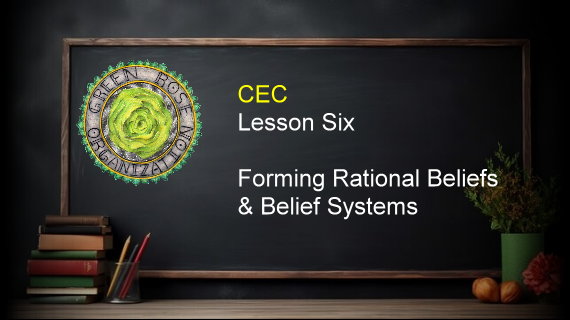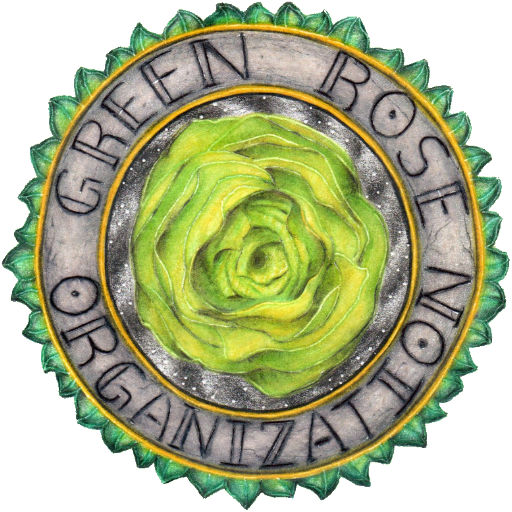
FORMING RATIONAL BELIEFS & BELIEF SYSTEMS
SEVEN KEY PRACTICES TO BEGIN FOSTERING RATIONAL BELIEFS
Forming rational beliefs is both an art and a skill, one that involves self-awareness, critical thinking, and a commitment to intellectual honesty. Here are some strategies to increase the likelihood of developing rational beliefs: 1. Prioritize Evidence and Reasoning—Evaluate Evidence: Base beliefs on credible, verifiable evidence rather than assumptions, emotions, or hearsay. Ask, “What supports this belief? Is it reliable?”. Value Logic: Ensure the reasoning behind your beliefs follows logical principles. Avoid fallacies like overgeneralization or false cause-effect relationships. 2. Cultivate Intellectual Humility—Acknowledge Limitations: Recognize that no one has all the answers. Being open to the possibility of being wrong fosters a willingness to revise beliefs. Embrace Uncertainty: Accepting uncertainty can prevent us from clinging to irrational beliefs out of discomfort with the unknown. 3. Seek Diverse Perspectives—Challenge Echo Chambers: Explore viewpoints that differ from your own to avoid confirmation bias. This helps refine beliefs by exposing them to critical scrutiny. Engage in Dialogue: Discuss ideas with others who value reasoned debate, as this can reveal blind spots and introduce new considerations. 4. Employ Critical Thinking Skills—Question Assumptions: Regularly ask yourself, “Why do I believe this? What assumptions am I making?”. Analyze Sources: Verify the credibility of information sources. Distinguish between opinion and factual reporting. 5. Foster Self-Awareness—Recognize Cognitive Biases: Identify tendencies like confirmation bias, anchoring, or emotional reasoning that may distort your thinking. Reflect on Motivations: Examine whether a belief serves emotional needs (e.g., comfort, belonging) at the expense of truth. 6. Value Lifelong Learning—Stay Curious: A commitment to continuous learning helps ensure beliefs evolve with new evidence and insights. Adapt When Necessary: Be flexible enough to update or discard beliefs that no longer align with reason or evidence. 7. Incorporate Philosophical and Scientific Inquiry—Adopt a Skeptical Mindset: Healthy skepticism allows you to question ideas without descending into cynicism. Leverage the Scientific Method: Test hypotheses against evidence, just as scientists do, to ground beliefs in observable reality. By combining these practices, individuals can create a framework for belief formation that is guided by reason, evidence, and openness to growth.

